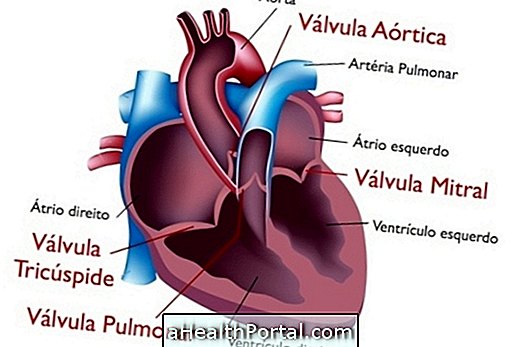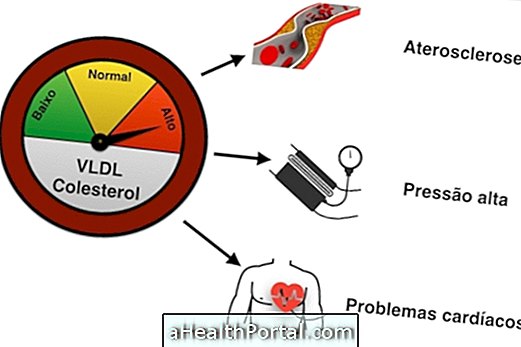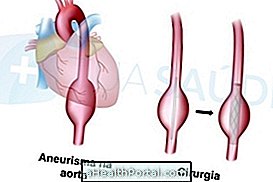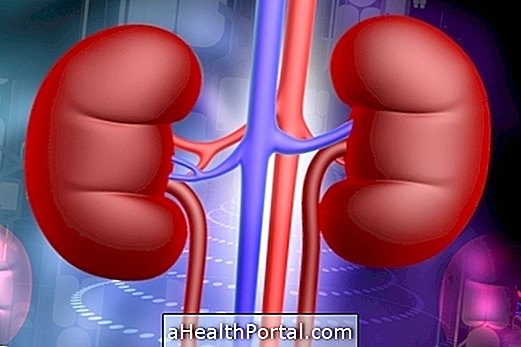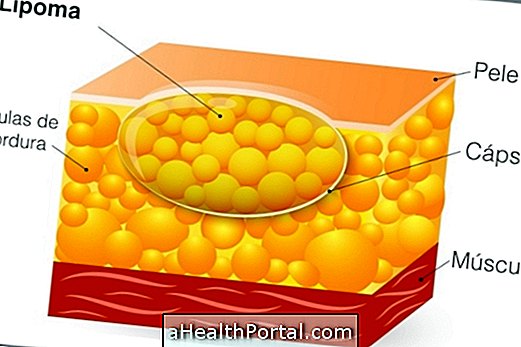The heart murmur, most of the time, is not serious and does not cause great health risks, even when discovered in childhood, and the person can live and grow without any problem.
However, in more rare cases, the murmur can also be caused by diseases that seriously disrupt the functioning of the muscles or heart valves. In these cases, symptoms usually appear as:
- Shortness of breath;
- Mouth or purple fingers;
- Palpitations,
- Swelling in the body.
The severity and likelihood of life-threatening conditions depends on the cause and therefore the cardiologist should be consulted for tests such as chest x-ray, ECG, and Echocardiogram, for example to identify if the breath is happening for some reason disease.
In these cases, the treatment is done according to the cause, and includes the use of medicines or, in some cases, a surgical procedure to correct the defect in the heart. However, most of the time, the heart murmur is imperceptible, and is only detected in consultation with the general practitioner or cardiologist. Here's how to identify the main heart murmur symptoms.

What diseases can blow
The main causes of heart murmurs are benign or functional, ie without the presence of disease, or caused by conditions that alter the speed of blood flow, such as fever, anemia or hyperthyroidism. Already the heart diseases that can cause blowing, include:
- Communication between chambers of the heart : most often, this type of change occurs in infants, as a delay or defect may occur in the closure in the muscles of the cardiac chambers, and some examples are ventricular septal defect, atrioventricular septal defect, atrial septal defect and persistence of the ductus arteriosus and tetralogy of Fallot, for example.
- Narrowing of the valves : Also called valvar stenosis, this narrowing can occur in any of the heart valves, which disrupts blood flow and produces a whirlwind. Narrowing may be due to a birth defect in infants, rheumatic fever, inflammation due to infection, tumor or calcifications that arise in the valves due to age.
- Insufficiency of valves : this is by defect in valve components, which may be in the muscle, tendons or in the ring itself, usually due to a congenital defect or due to diseases such as rheumatic fever, dilatation or hypertrophy of the heart in heart failure, or a tumor or calcification that prevents the valve from closing correctly.
The heart has a total of 4 valves, called mitral, tricuspid, aortic and pulmonary, which must act in a synchronized way to allow the correct pumping of blood from the heart to the body.
Thus, the murmur in the heart is life-threatening when there is a compromised ability of this organ to pump blood through one or more valves. Learn more about what causes the puff in the baby's heart and the adult's.
